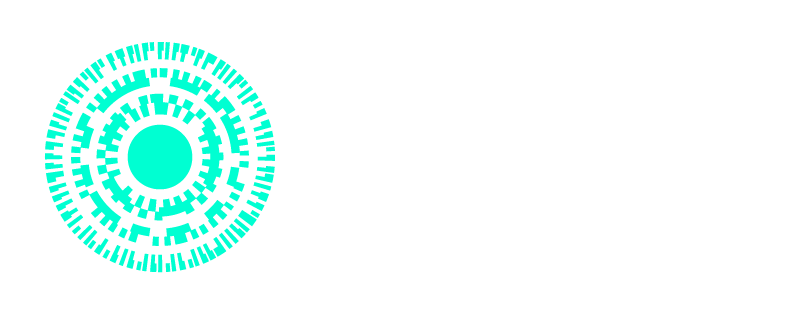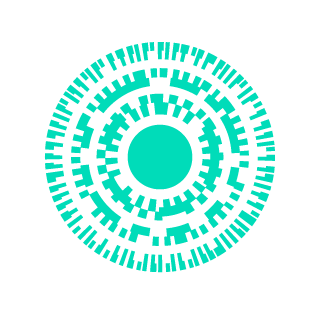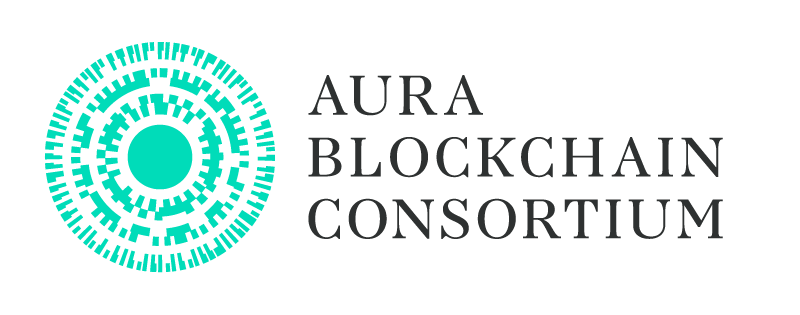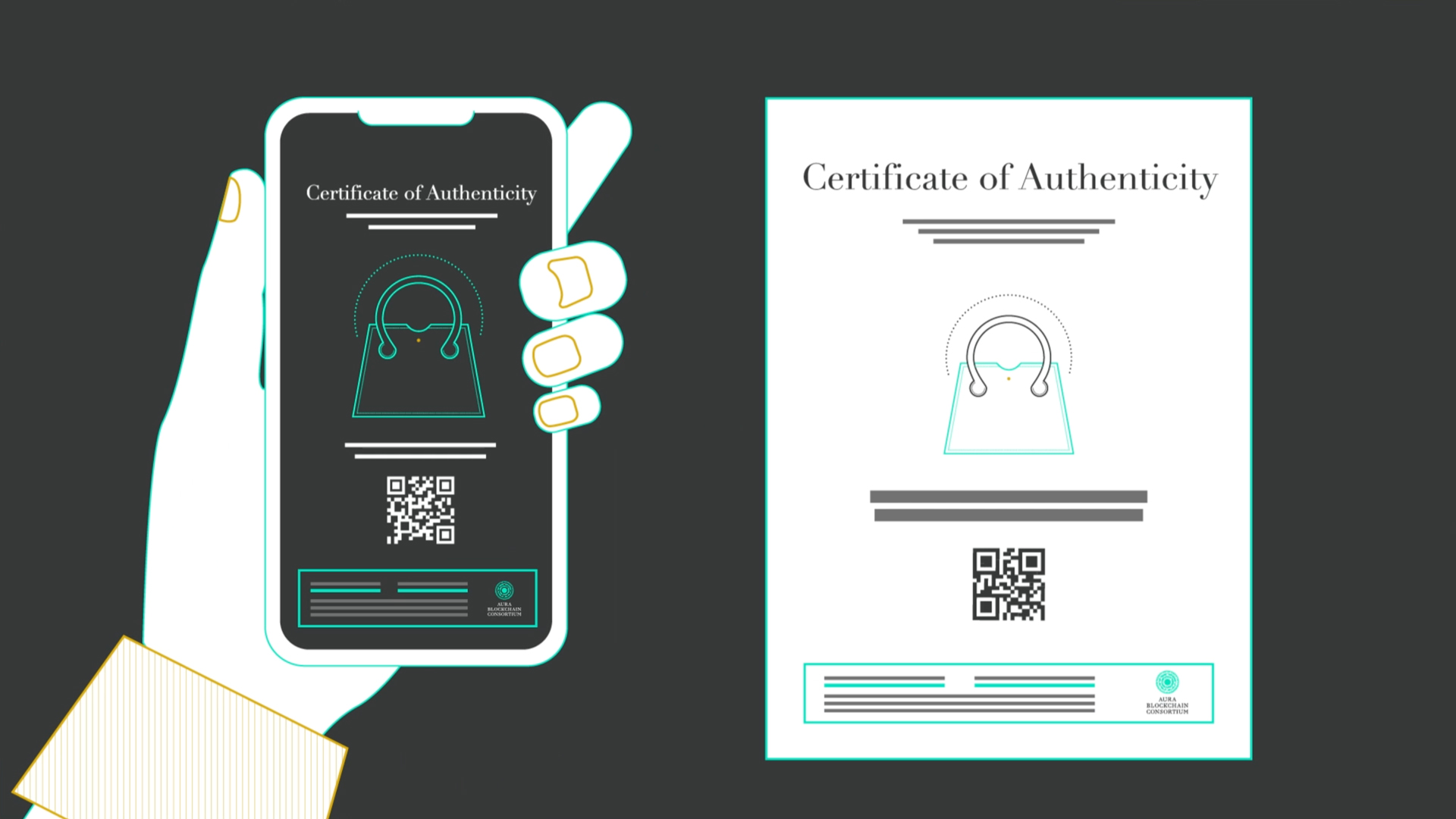In the business of luxury retail, the ability to prove that a particular product is authentic is extremely valuable. Authentication is one of the many ways that the luxury industry can fight back against the lucrative yet fraudulent practice of counterfeiting. Now, thanks to the capabilities of blockchain technology, it’s easy for brands to put a tamper-proof digital stamp of authenticity on any product or component.
The precise cost of counterfeit goods to the luxury sector is hard to quantify. Estimates put the total annual trade in fake goods at around $4.5 trillion, and luxury products are thought to account for around sixty percent of that sum. Aside from the direct loss of revenues, there are incalculable indirect costs involved, including legal action and reputational damage.
Brands can’t easily prevent counterfeiters from creating copycat versions of goods. However, they can introduce the means by which anyone can quickly and easily authenticate whether or not a product is a genuine luxury article or a fake copy using blockchain technology. Making the authentication process easier and more accessible ultimately reduces the value of counterfeit products and makes the industry a less attractive target.
Blockchain enables multiple parties in a network to mutually validate transactions of digital assets within a trusted, secure digital environment. It creates a time-stamped, permanent, tamper-proof record of each transaction. Digital assets can be cryptocurrencies, but they can also be unique tokens (NFTs) representing real-world physical items like luxury goods. As such, blockchain offers a compelling proposition for traceability and authentication in the luxury sector.
How Does Blockchain Enhance Authentication?
Here’s how it works in practice. A designer handbag is fitted with a QR code as it leaves the warehouse destined for the store. As well as a QR code, any other type of authentication technology could be used, such as an NFC chip.
When someone buys the bag, they scan the QR code on the item, claim its ownership, easily certify its authenticity and access all of the product information. The certificate of authenticity lasts forever and will always be available digitally. The owner has full control of their data. If they later want to take it back to the store for maintenance, they can prove that the bag hasn’t been found or stolen by demonstrating ownership via the Aura Blockchain Consortium platform. Similarly, bags sold on the secondary market are instantly verified as genuine, obviating the need for checks, and enabling simple transfers to the new owner to ensure they have the same access as the previous owner to the information about the product.
Building Blockchain Into The Consumer Experience
As the brand becomes known for authenticating its products on the blockchain, people will become accustomed to using QR codes, NFC, RFID and other Artificial Intelligence solutions in this way, creating demand on primary and secondary markets for genuine luxury products.
Aura Blockchain Consortium aims to develop the applications of blockchain technology and raise the standards of luxury. Aura Blockchain Consortium’s permission based blockchain solutions offer various options to luxury brands depending on their size and needs. A SaaS offering allows brands to quickly leverage the software out of the box with minimal technical prerequisites.



